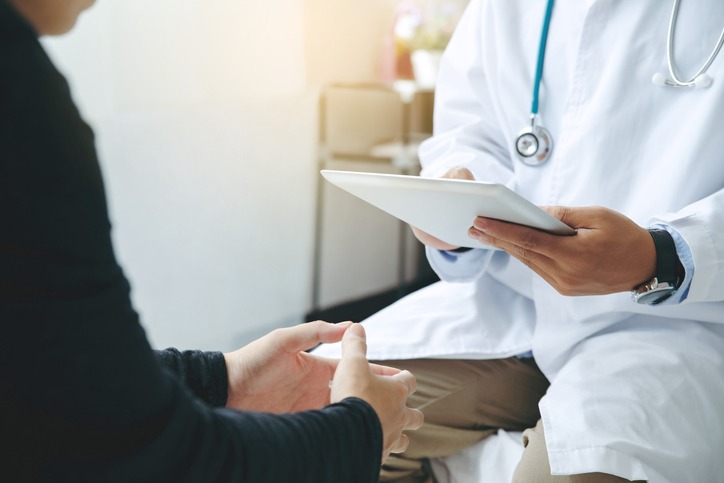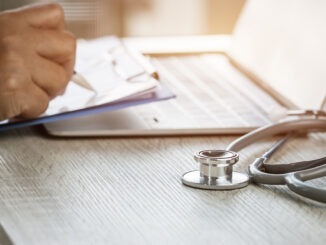
As reported by RCGP, Professor Kamila Hawthorne, chair of the Royal College of GPs has stated that more needs to be done to address the intense workload and pressures GPs and their teams are working under
Responding to details of NHS England’s GP access recovery, Professor Kamila Hawthorne said:
“GPs and our teams want to deliver safe, timely and appropriate care for our patients, and we get as frustrated as they do when they struggle to access our services. As such, whatever can be done to improve patients’ access to our services should be explored.
“When patients are struggling to make appointments, it is not the fault of overstretched GP teams who are working flat-out in the most difficult of circumstances. GPs and our teams are delivering millions more appointments than before the pandemic, with almost half offered on the same day they are booked – but with 852 fewer GPs compared to 2019.
“Today’s plan outlines some encouraging initiatives, many of which the College has called for: empowering patients to self-refer directly for some conditions, investment into telephony and training more care navigators, and further efforts to cut bureaucracy to allow GPs to spend more time with patients are all welcome.
“We’re also pleased to see there will be a consultation on how giving our pharmacist colleagues greater prescribing powers for minor illnesses could be implemented safely, and in a joined-up way. GPs work closely with pharmacists, often as part of the same practice team, and they already do important work, such as giving advice on minor ailments and undertaking medication reviews, that frees up GPs’ time for patients with complex needs.
“However, whilst all these initiatives are positive steps, none are the silver bullet that we desperately need to address the intense workload and workforce pressures GPs and their teams are working under – we need thousands more GPs to be able to use these measures effectively to provide the services patients need.
“The public need to be aware of what’s achievable – change is not going to happen overnight. Politicians think that promising faster access will improve services and win votes, but many practices are already struggling for lack of GPs and other clinical staff, particularly in communities with large numbers of patients with complex needs and disproportionate health inequalities.
“The only true solution is to increase numbers of fully-qualified, full-time equivalent GPs, both in the short and long terms by training and retaining them – and we look to the long-awaited NHS workforce plan with anticipation, to see how this will be achieved.”


Be the first to comment